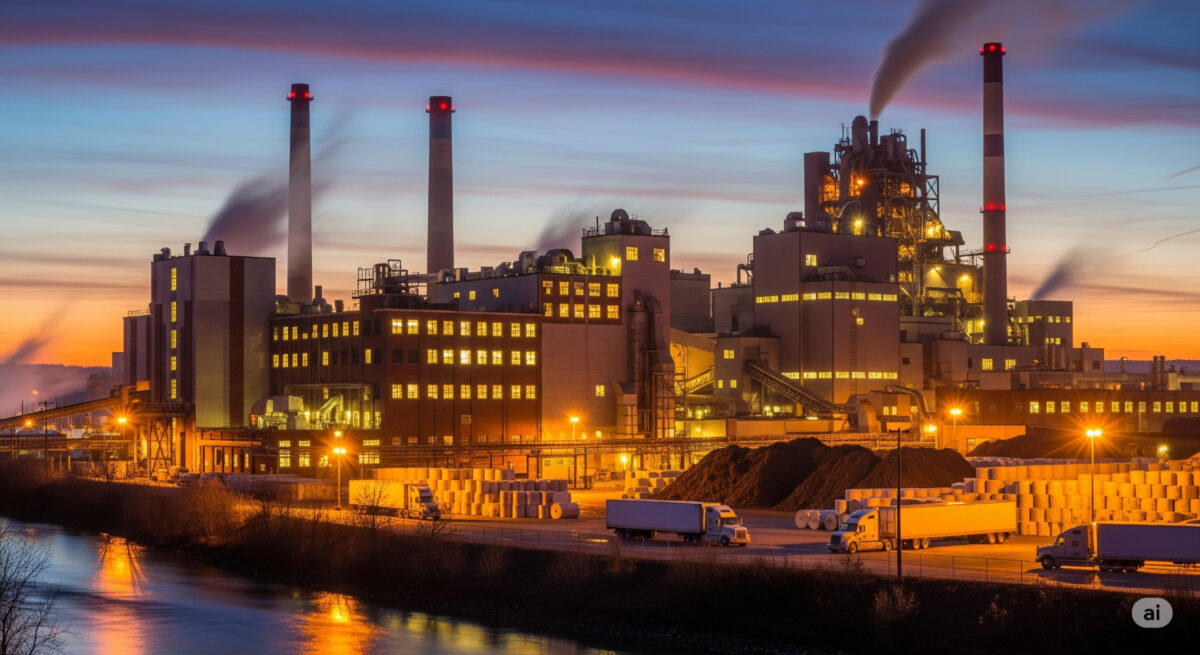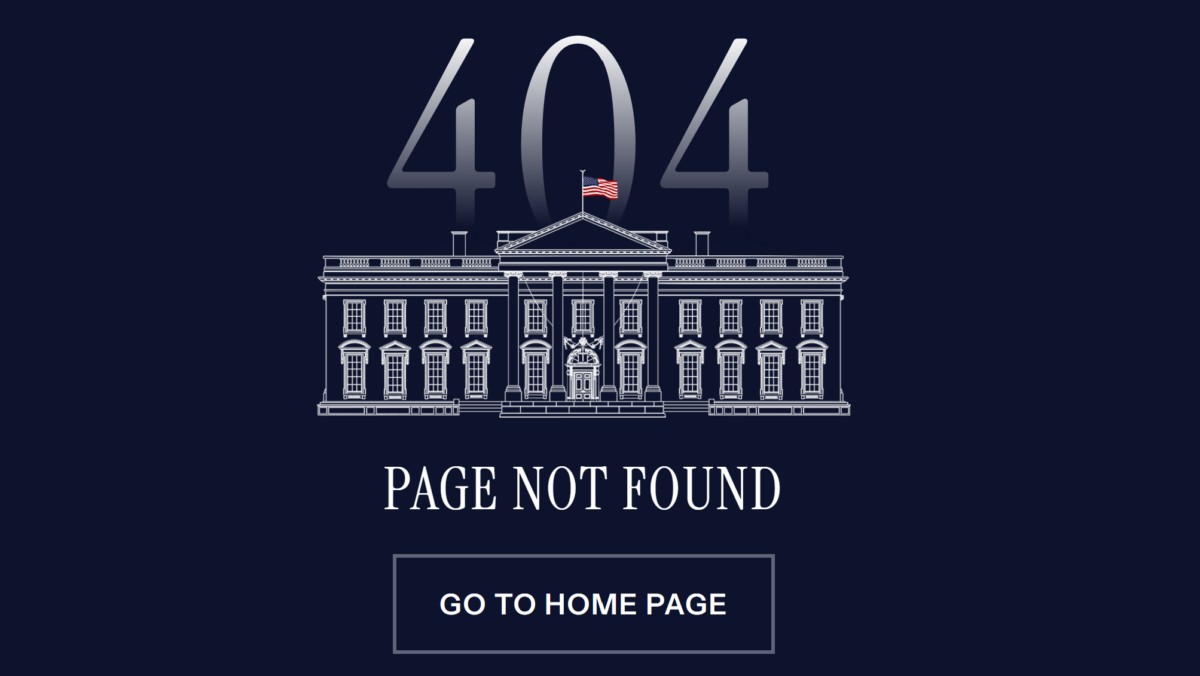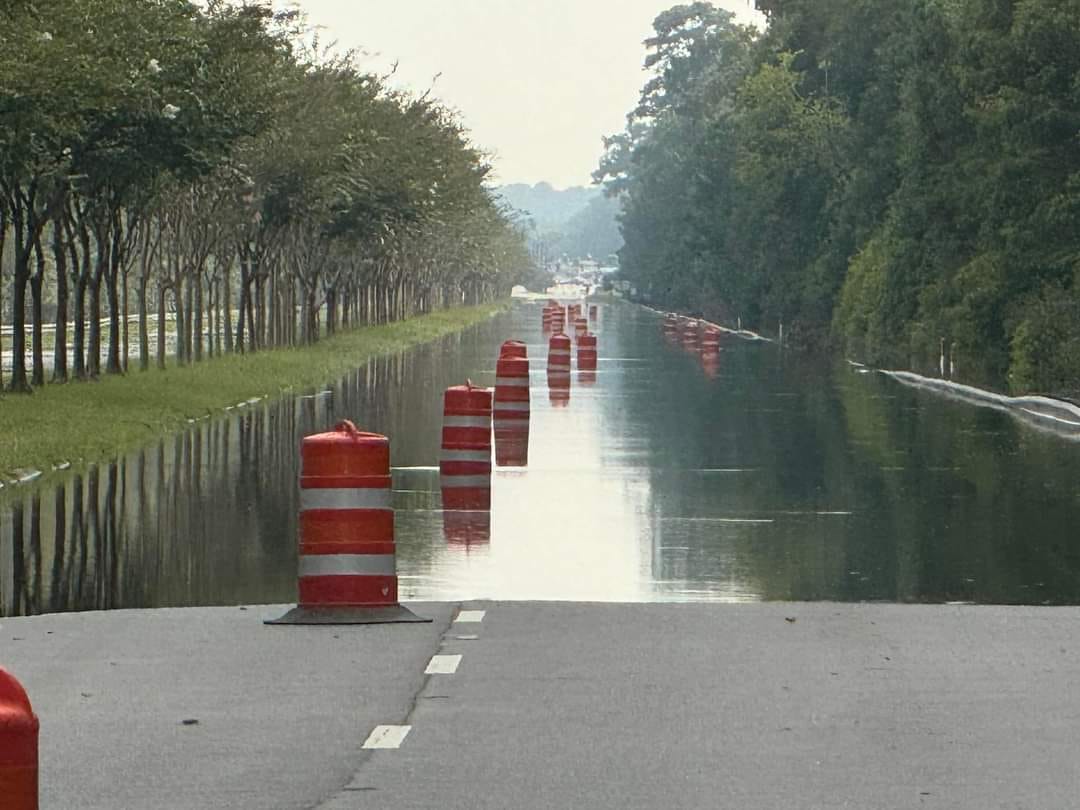No community likes to lose jobs, and the 1100 jobs lost with International Paper closing two mills in the Savannah area is going to be painful. But let’s stop pretending that International Paper has been a good neighbor, because this just isn’t true. International Paper has been one of the largest industrial users of water […]





